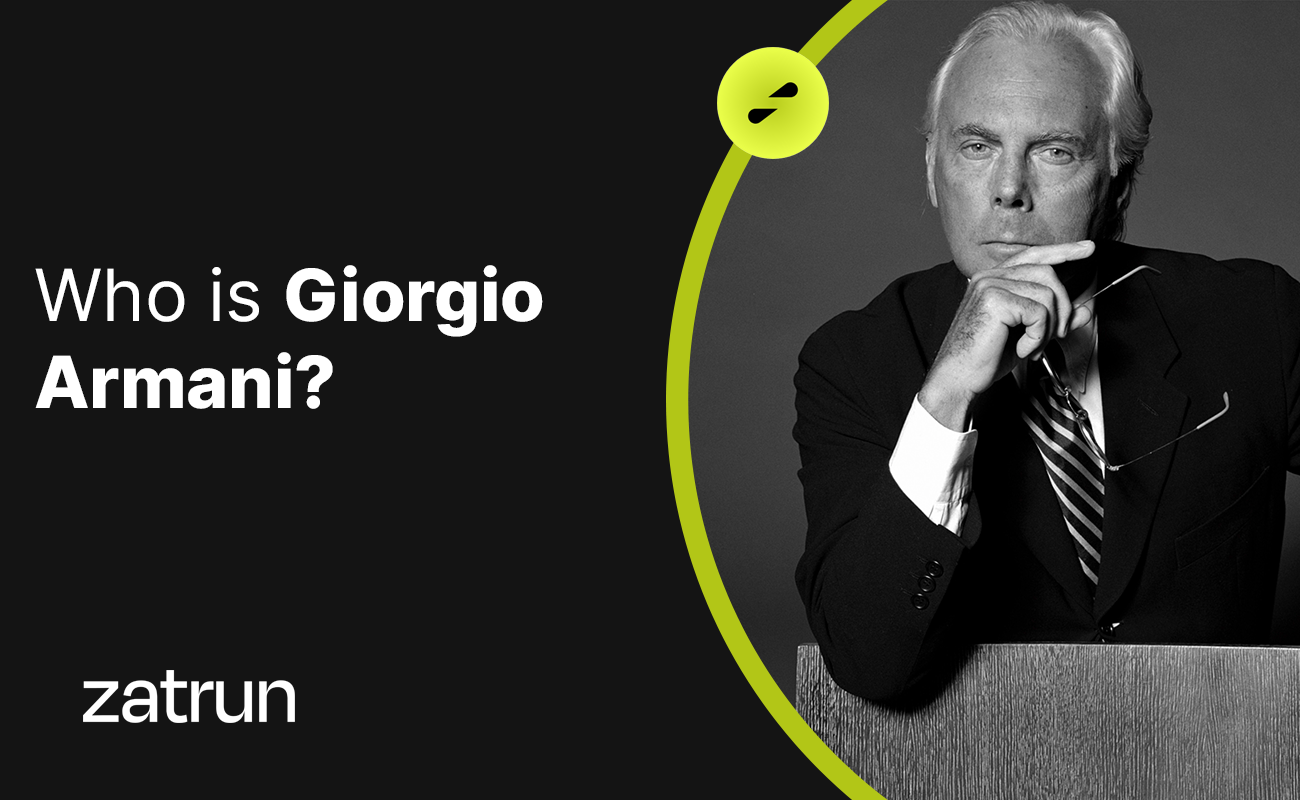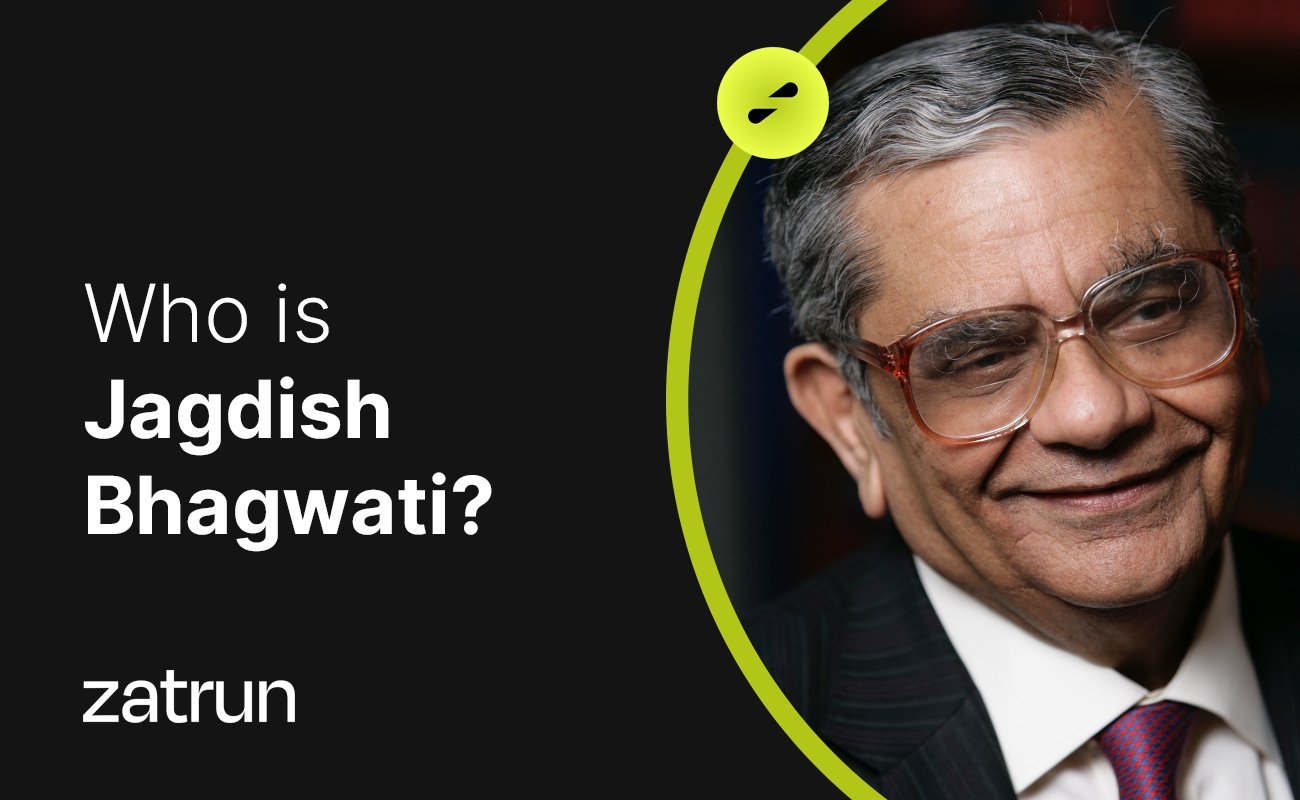Fischer Black, an American economist born on January 11, 1938, was a pioneer in the field of finance and economics. He completed his undergraduate studies in 1959 and received a PhD in applied mathematics from Harvard University in 1964. Before being admitted to the PhD program, Black conducted research in physics, mathematics, and later in artificial intelligence and computers, but he had trouble deciding on a thesis topic. In this article on Zatrun.com, you can find everything you need to know about Fischer Black.
Who is Fischer Black?
Fischer Black began his career in economic and financial consulting at Arthur D. Little, where he met his future business partner Jack Treynor. In 1971, he started working at the University of Chicago, and in 1975, he continued his work at the MIT Sloan School of Management. In 1984, he joined Goldman Sachs, where he worked until his death.

Fischer Black began seriously considering monetary policy in 1970 and found that the major debate in this area was between Keynesians and monetarists. Keynesians, led by Franco Modigliani, believed that credit markets have a natural tendency toward instability, explosions, and collapse, and that monetary and fiscal policies can help dampen this cycle and contribute to achieving sustainable growth.
In the Keynesian view, central banks need to have regulatory powers to fulfil their role properly. Monetarists, led by Milton Friedman, believed that regulated central banking was a problem and not a solution. Friedman believed that the growth of the money supply, set at a fixed rate, for example, 3% per year, could meet the expected real GDP growth and needed to be adjusted accordingly.

Based on the capital asset pricing model, Black concluded that Keynesians would not be able to achieve what they wanted, and he concluded that monetary policy should be passive within an economy.
“Business Cycles and Equilibrium”
Fischer Black published many academic papers, including his most famous book, “Business Cycles and Equilibrium.” In this book, Black proposes imagining a world without money at the outset. With the theory that economic and financial markets are continuously in equilibrium, his book is still relevant despite the current economic crisis. Based on these statements, Black created a model and questioned money theorists, particularly those who subscribe to the quantity theory and the liquidity of money.

In Fischer Black’s book, banks are the main institutions for monetary transactions, and it is also noted that money is an endogenous source provided by banks due to profit maximization, as opposed to the monetarist view that money is an exogenous source. Black’s controversial statements, such as “monetary and exchange rate policies do almost nothing, and fiscal policies are insignificant in terms of causing or changing business cycles,” have made him an enemy of both Keynesians and monetarists.












